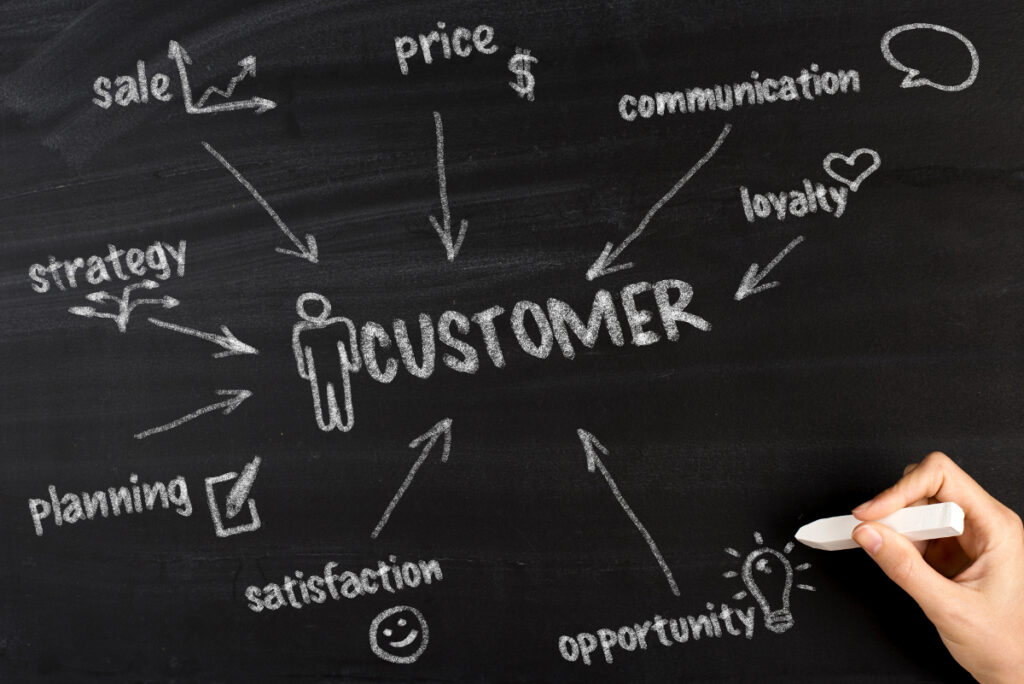Life can be complicated. No matter how carefully you do something, you can always expect there to be something to tweak.
We take pride in providing quality machinery. It’s key to success in the colour sorter sphere and in seed processing. But there’s another key component that comes after a sale is made, and that’s after-sales service and support.
I’ve learned there are two kinds of after-sales support and both are equally as integral to ensuring customers are well supported when they need help. Every issue a customer has is an opportunity for me to help them, and how I deal with it makes all the difference to their experience and to me furthering my own professional education.
Immediate after-sales support. This is the kind of support people need right after they make a purchase. This is where equipment is delivered, installed, and they are trained to use it. There’s a well-managed flow to the sales process which I typically get involved in after a customer makes a purchase. After the equipment is ordered is when I come in. I make contact with the customer and get ready to ensure the equipment works for them in the real world and all the kinks are worked out.
There’s a series of documents we’ve developed over the years based on experience, featuring assembly guidelines and checklists that both we and the customer use to install and fine-tune things prior to beginning the training process.
Long-term after-sales support. You don’t know when it will happen, but one day that same customer is going to need to make an adjustment or repair to their equipment. Preventative maintenance is key and something we focus on carefully: we advise customers to regularly check belts, bearings, retorque fasteners, and more. Having a wide range of parts available in our warehouse is crucial to this second kind of support.
Putting this into action can come in a number of forms. We can remotely guide customers on what to do, or we can come out and show them so they can learn to do it independently. Or, we can come out and do it for them, if they prefer. Taking that proactive step really helps find potential issues before they cause downtime.
Eliminating downtime or keeping it to a minimum is important to our customers. There’s no script for long-term support, but with our team’s dozens of years of collective experience, we’ve created an intuitive process that we’ve become known for.
Both of the above kinds of after-sales support are integral to our success and our customers’. Being great at both of them ensures you are seen as being at the top of your game, which in this industry makes all the difference. Good service helps sell new equipment and keeps that equipment in top working order to benefit the customer in the end. It’s a win-win for everyone.









